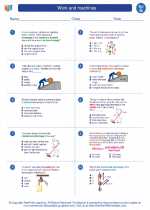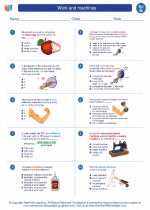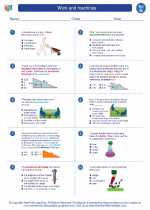Blood Sugar Regulation
Blood sugar regulation is the process by which the levels of glucose in the blood are maintained within a narrow range. This is important for the body to function properly, as glucose is the primary source of energy for all cells. The regulation of blood sugar levels is primarily controlled by the hormones insulin and glucagon, which are produced by the pancreas.
Key Concepts
- Glucose: Glucose is a simple sugar that is the primary source of energy for the body's cells. It is obtained from the foods we eat and is transported in the bloodstream to be used as fuel.
- Insulin: Insulin is a hormone produced by the pancreas that helps to regulate blood sugar levels by promoting the uptake of glucose into cells, particularly muscle and fat cells.
- Glucagon: Glucagon is a hormone also produced by the pancreas that works in opposition to insulin. It stimulates the liver to release stored glucose into the bloodstream when blood sugar levels are low.
- Homeostasis: The maintenance of stable internal conditions within the body, including blood sugar levels, is crucial for overall health and is achieved through various regulatory mechanisms.
Study Guide
Here are some key points to focus on when studying blood sugar regulation:
- Understand the role of insulin and glucagon in regulating blood sugar levels.
- Learn about the feedback mechanisms that maintain blood sugar homeostasis, including the role of the liver, muscles, and fat tissue.
- Explore the impact of diet and exercise on blood sugar regulation and overall health.
- Study the consequences of imbalances in blood sugar levels, such as hypoglycemia and hyperglycemia, and their associated symptoms and treatments.
- Consider the long-term effects of uncontrolled blood sugar levels, including the development of conditions such as diabetes mellitus.
By understanding the intricacies of blood sugar regulation, you can gain insight into the importance of maintaining a balanced and healthy lifestyle to support overall well-being.
.





